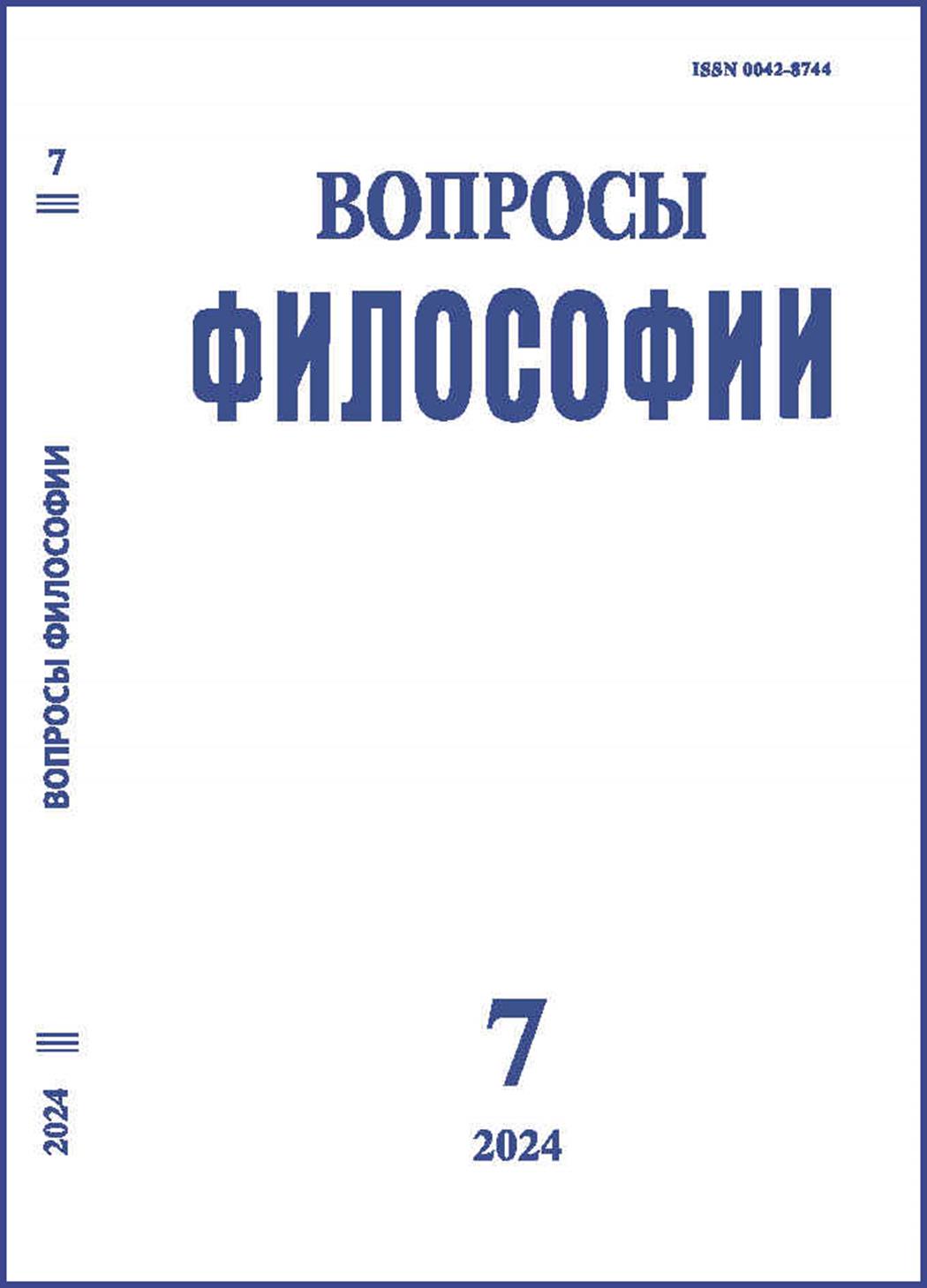Buddhist Criticism of Justification of Varṇa System by Brahmanists. On the Russian Translation of Vajrasūcī. Vajrasūcī. Trans. from Sanskrit and Notes by Ruzana V. Pskhu
DOI:
https://doi.org/10.21146/0042-8744-2024-7-59-70Keywords:
Indian philosophy, Brahmanism, Buddhism, Aśvaghoṣa, Māhayāna, varṇa system, Social Philosophy, philosophical universalsAbstract
In the later period of the development of Indian philosophy (VII century), one of
the most interesting questions marked the boundary of Brahmanic thought and
its most categorical opponent, Buddhism: the question of the existence of universals. Despite the fact that at first glance this dispute seems purely philosophical
and therefore comparable to a similar phenomenon in Western European philosophy, nevertheless, in the history of Indian philosophy, the problem of universals
arises in a certain context, explaining their appearance as a ‘situational’ phenomenon. In the VII century, Kumārila Bhaṭṭa, in a dispute with the Buddhist Dharmakīrti, resorted to universals in justifying the legality of the Varṇa system:
all brahmins are united by one common property or universal – brahmanism, due
to which brahmins differ from all other people. We can talk about the existence
of a certain paradigm in the Brahmin culture, which explains the social structure of ancient Indian society, and the affirmation by all philosophical systems of classical Indian philosophy, united by the name of āstika (recognizing
the Vedas), and the grammatical structure of Sanskrit in Pāṇini’s work, and many
other realities of Brahmin culture. The article examines the text of Vajrasūcī attributed to the early Buddhist author Aśvaghoṣa, in which a condensation of possible arguments against the Varṇa system and the exclusive status of the Brahmins is proposed. The article presents the translation of Vajrasūcī from Sanskrit
into Russian.

